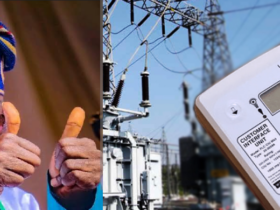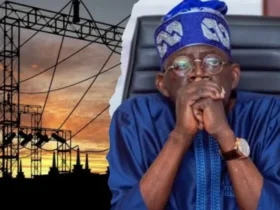According to the Petroleum and Natural Gas Senior Staff Association of Nigeria (PENGASSAN), Bola Ahmed Tinubu has reinstated fuel subsidiaries following the drastic removal of fuel subsidies back in May.
On his first day in office, President Bola Tinubu ordered the withdrawal of fuel subsidies, which caused the price of gasoline to rise from N197 to between N480 and N570. The pump price was then revised upward to N620.
However, there have been rumors that the price will increase due to changes in the world oil market. There were rumors that the federal government interfered to stop the pump price from rising further, but they were refuted by the government.
A thorough investigation by The Daily Trust revealed that the Federal Government paid N169.4 billion as a subsidy in August, as this was paid to keep the pump price at N620 per liter. This happened despite the fact that Bola Ahmed Tinubu had promised and vowed to Nigerians that Subsidy was gone. It appears to be another deceitful dribble from Bola Tinubu’s administration.
A document by the Federal Account Allocation Committee (FAAC) was sighted by the Daily Trust, which revealed that in August, Nigerian Liquefied Natural Gas (NLNG) paid $275 million as dividends to Nigeria through NNPC Ltd. NNPC Ltd. then paid $220 million for the PMS subsidy and illegally withheld $55 million.
In his brief on Channels Today, the National President of PENGASSAN explained that the government still continues to provide fuel subsidies due to the price of crude oil on the global market and the exchange rate.
“The government still pays subsidies today. In reality, there is a subsidy today because, as of when the earlier price was determined, the price of crude in the international market was somewhere around $80 for a barrel.
But today, it has moved to about $93/94 per barrel for Brent crude. So, because it has moved, then the price [of petroleum] also needed to move,” he explained.
He provided solutions to the persistent issues. He said, “The only reason the price will not move is when you are able to manage your exchange rate effectively and you are able to pump in supply and bring down the exchange rate.”








Leave a Reply